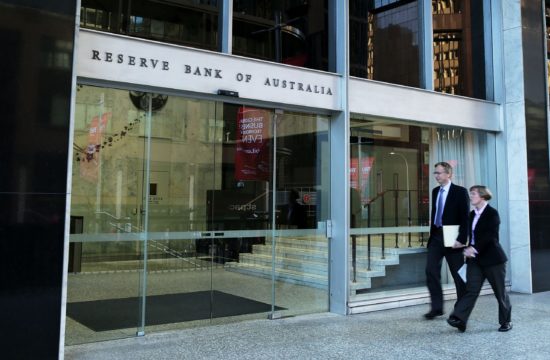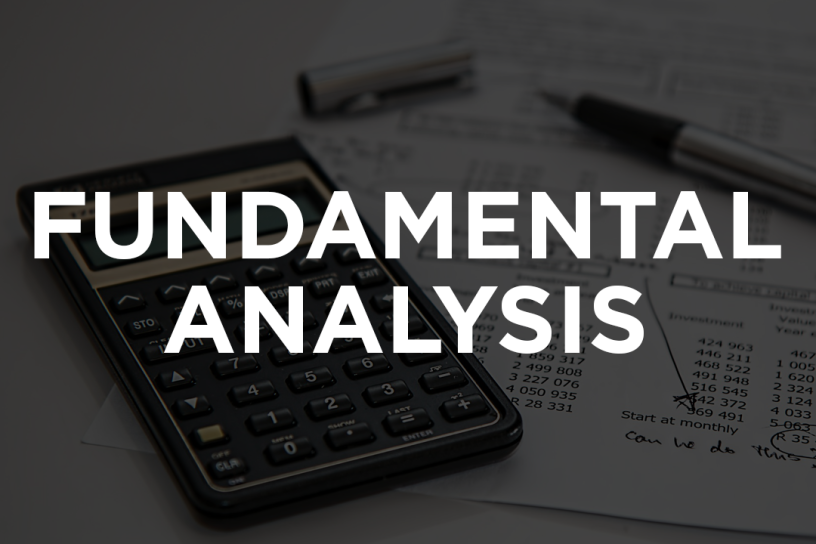Banco de México and the United Nations, through its environment programme (UNEP) and development programme (UNDP), present a report on strategies and methodologies to mitigate environmental and social risks in the Mexican financial sector.
Today, Banco de México and the United Nations, through the United Nations Environment Programme (UNEP) and with the support of the United Nations Development Programme (UNDP), presented the report “Climate and environmental risks and opportunities in Mexico’s financial system: From diagnosis to action,” which calls upon Mexican financial institutions to make a collective effort to incorporate environmental issues into their risk assessment and corporate governance strategies.
Said report is a first in-depth diagnosis on the current degree of readiness of Mexican financial institutions in assessing climate, environmental, and social risks.
The results are based on a survey conducted on the senior management of over 60 institutions and consider nearly 90% of the credit portfolio of the banking system, 80% of the assets reported by fund managers to Mexico’s National Securities and Banking Commission (CNBV), 90% of the assets managed by the Retirement Funds Administrators (AFORES), and 44% of the assets reported by insurance companies.
According to the report, the involvement of top management and the board of directors is crucial to prepare financial institutions for the expected structural transformation of the economy associated with environmental and social risks and opportunities. This means reinforcing governance competencies, as well as setting out a roadmap at the board level to integrate ESG risks and opportunities in mainstream risk management and business strategies while also reporting to stakeholders and regulators on these topics.
Additionally, financial institutions need a better understanding and management of relevant social and environmental data, setting up the proper competencies to process them, and putting in place disclosure and transparency policies. Given the forward-looking nature of these risks, it is important for financial institutions to also develop scenario analysis capabilities and strategies.
“It is clear that we need to manage risk far better than we currently do, and this becomes more vital in the context of climate change which remains the existential challenge facing humanity. Financial institutions that sufficiently factor in climate risk, will be able to ensure the long-term sustainability of their portfolios. This study offers useful recommendations for financial institutions and regulators in preparing for the future,” said Inger Andersen, Executive Director of UNEP.
UNDP Administrator, Achim Steiner, said: “Climate change and environmental degradation are critical challenges of our time, and the financial sector has a key role to play in tackling these issues. The recommendations of this report – such as clear timelines and commitments at the board level to incorporate social and environmental aspects into major plans of action, risk management policies, annual budgets, and business plans – will hopefully resonate with decision makers at the highest levels of the Mexican financial sector.“
When talking about this initiative, the Governor of Banco de México, Alejandro Díaz de León, highlighted the importance of collective action of all the actors of the financial system. He also expressed his confidence that the report will serve as the basis for the development and implementation of standardized methodologies and criteria in the evaluation of environmental and social risks, which are essential for long-term prosperity.














